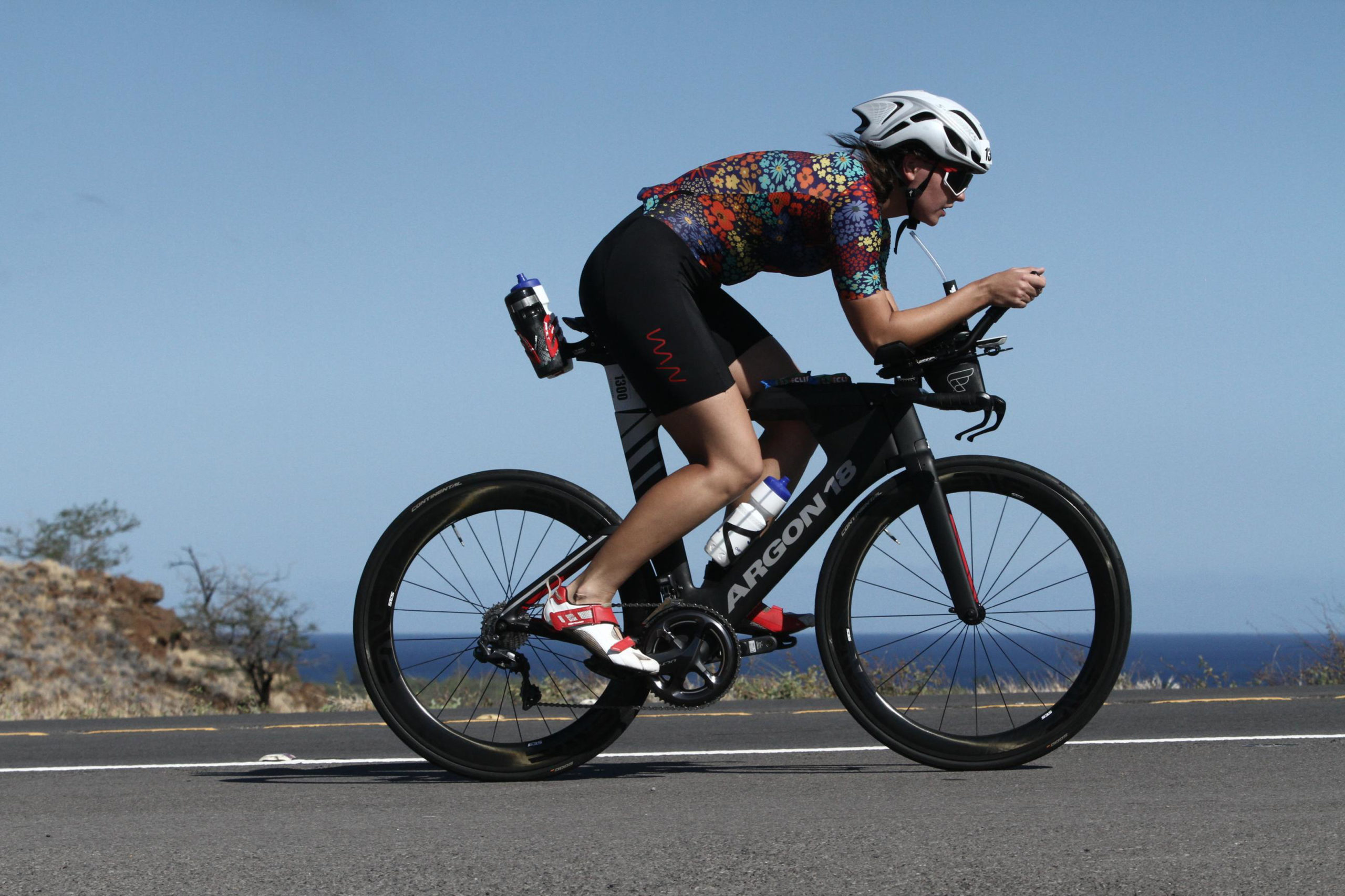The Importance of Goal-Setting

We all have goals that are important to us. For some, it’s getting on the podium at their next event. For others, getting to the start line feeling confident and healthy is more of a win than any medal ever could be. What is the importance of goal-setting?
Goals are what help us create a path forward and keep us focused when times get tough. But did you know that there are specific steps to take when thinking about your endurance goals? By following some goal-setting roadmaps, you can create goals that are authentic, well-defined, and are sure to help you have your best season.
Jenny Hayes is a life coach and nutritionist who focuses on helping athletes find success in their journeys. Hayes juggles the responsibilities of self-care, her corporate job, and fitting in training for Ironman and Half-Ironman races.
The Importance of Goal-Setting and How To Do It Right
Make Your Goal Authentic
One thing Hayes made a strong case for is ensuring that the goal(s) you set for yourself are ones that actually matter to you. For example, thinking that you need to do a full Ironman in the next year just because your friend is doing it is not a very authentic journey for you.
“You have to slow down and really listen to your body,” said Hayes. “If something like a race registration pops up in your email, or a training buddy talking about an event and your heart starts beating faster and you get butterflies in your stomach – that might be a sign that you have a genuine interest and want to also partake in that journey.”
Hayes also noted that it’s okay to reach for a goal that feels like it’s “hanging out on the edge.” And that means a goal that might seem a little audacious, a little bit more challenging than what you’re used to; and that’s a good thing.
“Those goals where you feel expansive, where you feel unsure if you can achieve them; those are the goals that will keep your fire burning bright,” noted Hayes.
Stick With Your Goal
“When you say yes to a goal, you’re saying no to everything that isn’t that goal,” commented Hayes.
What Hayes means by this is that saying yes to a goal means that inevitably, other things fall by the wayside. You’re saying “no” because you are saying “yes” to something even more exciting: your goal.
“We all need someone who can look at our progress and our weaknesses in an unemotional way,” said Hayes. “A coach will help you stay focused and in good mental and physical health throughout your adventure.”
Look Forward
No matter what happened in your past season, such as an embarrassing flub or confusion about a race course, it’s time to look forward and focus on what’s ahead.
“We learn more from what we don’t want than what we do want,” commented Hayes. “So if you had a panic attack in the swim and don’t want that to happen again, you now know that a great way to look ahead would be to plan for more time in the pool and read tips on how to calm your mind during a swim.”
Looking at past hiccups as opportunities to grow and learn will strengthen your resolve to reach your goals.
Tips For Goal Setting
- Make The Goal Authentic To You
- Work With A Coach To Continue On Your Path
- Practice Self-Love
- Look Forward
Remember: find what sets your heart on fire, make a plan, learn from the past, and be ready to celebrate your successes along the way.

Kristin Jenny is an eight-time Ironman finisher and multi-time Kona qualifier. She is based in Boulder, CO where she enjoys spending as much time outdoors as possible with her husband and dog. Kristin is passionate about helping others enter the world of endurance sports and to experience all the triathlon community has to offer.









